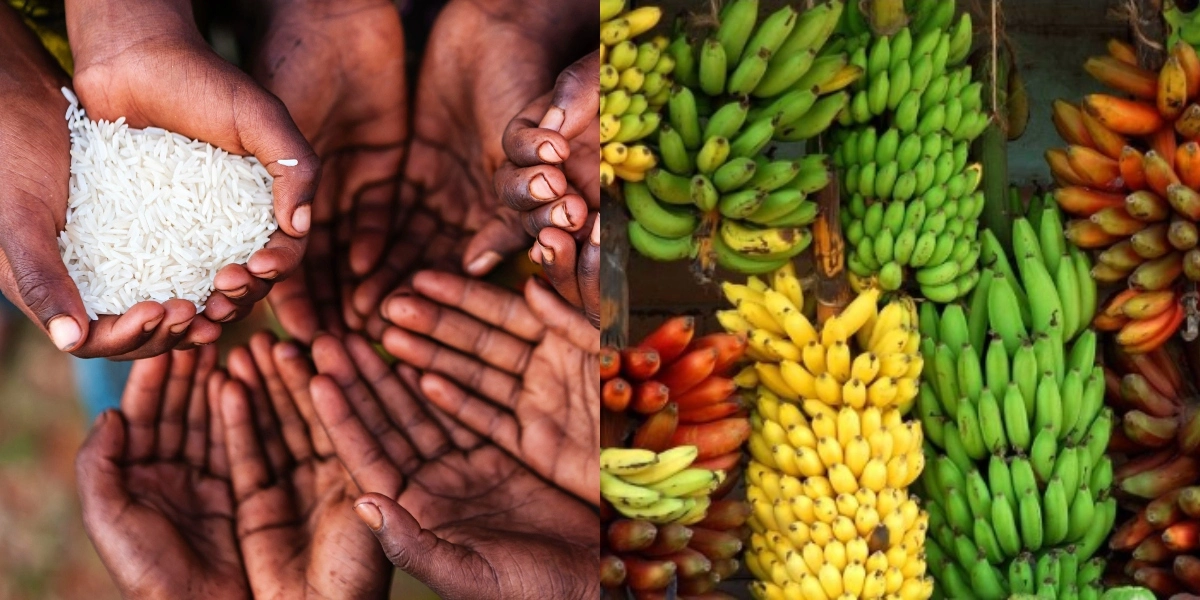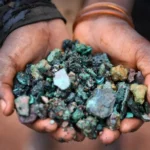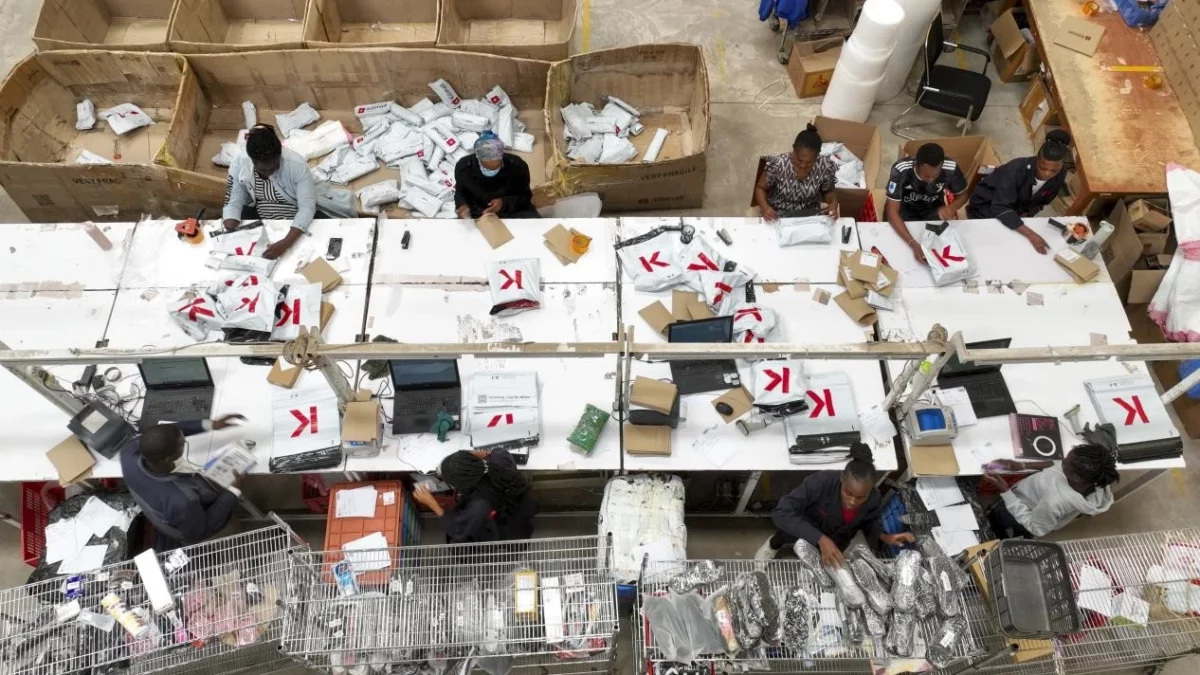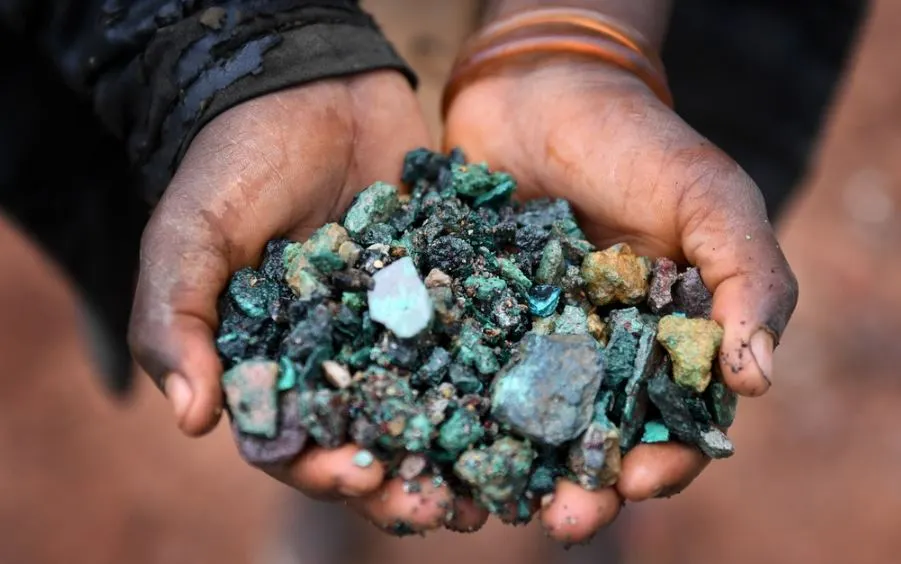India banned rice exports to developing countries to keep domestic prices from rising. They have been exporting non-basmati white rice to developing and developed nations.

India’s Food and Consumer Affairs Ministry justified the reason for the ban as necessary for the country. It was to ensure sufficient availability in the country since they were experiencing price hikes within.
India accounts for 40 per cent of the world’s rice trade, exporting over 22.2 million tonnes in 2022. The rice exports contributed a total of US $10.3 billion in revenue to India.
Subscribe to Switch TV
Impact of the ban on developing nations
According to IMF chief economist, Pierre Olivier Gourinchas the ban would drive up the prices of rice globally by up to 15 per cent this year. Major countries in Africa that were dependent on the non-basmati rice would suffer from the ban.
The Chamber of Agribusiness Ghana (CAG) said that the countries are only left with the option of increasing domestic production. One of the Sustainable Development Goals (SDGs) included food security. Many African countries agreed to ensure sustainability by ensuring sufficient internal production to fit the consumption needs.
“What is likely shortly will be some shortages on the domestic market, here and in many countries of the sub-region, if India does not rescind the decision anytime soon,” CAG’s CEO said.
Data from CAG indicates that Ghana imports almost 50 per cent of its rice from India, Ivory Coast imports about 70 per cent, while Togo and Benin import 90 per cent of their consumable rice from India.
Domestic production challenges
Most locally produced rice, which constitutes about 30 percent of consumption, is grown by smallholder farmers. These farmers have limited access to modern seeds and farm inputs to maximise their production. Additionally, rice mills available to the typical farmer produce a large percentage of broken grains – making it difficult for small farmers to compete with high-quality imports from the Americas and Asia.


























